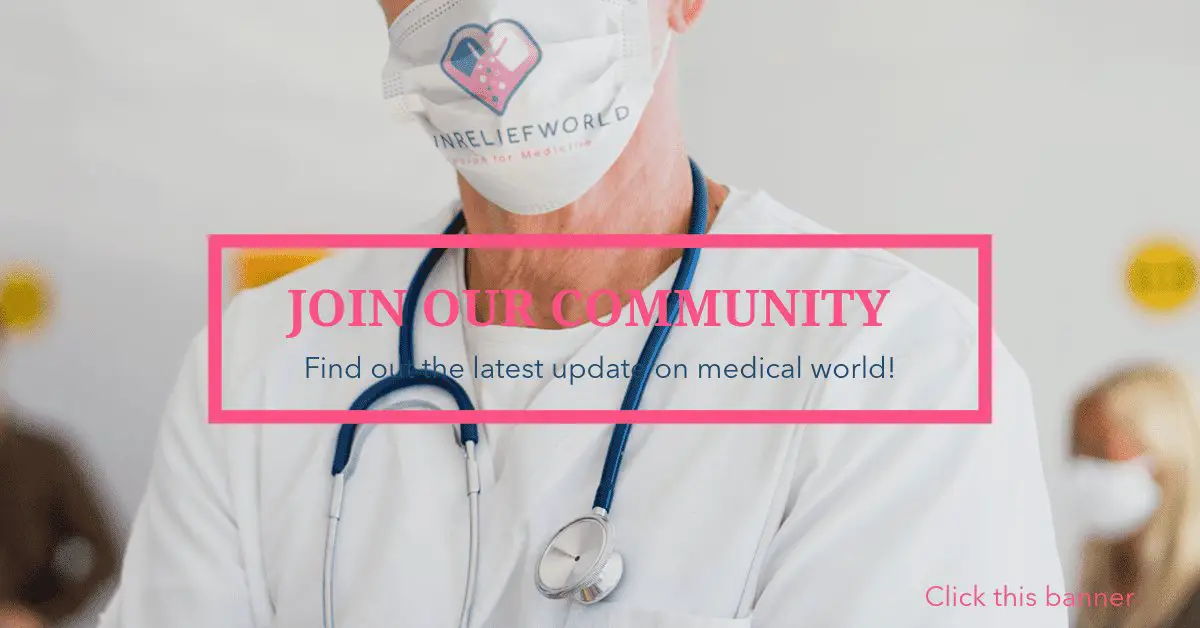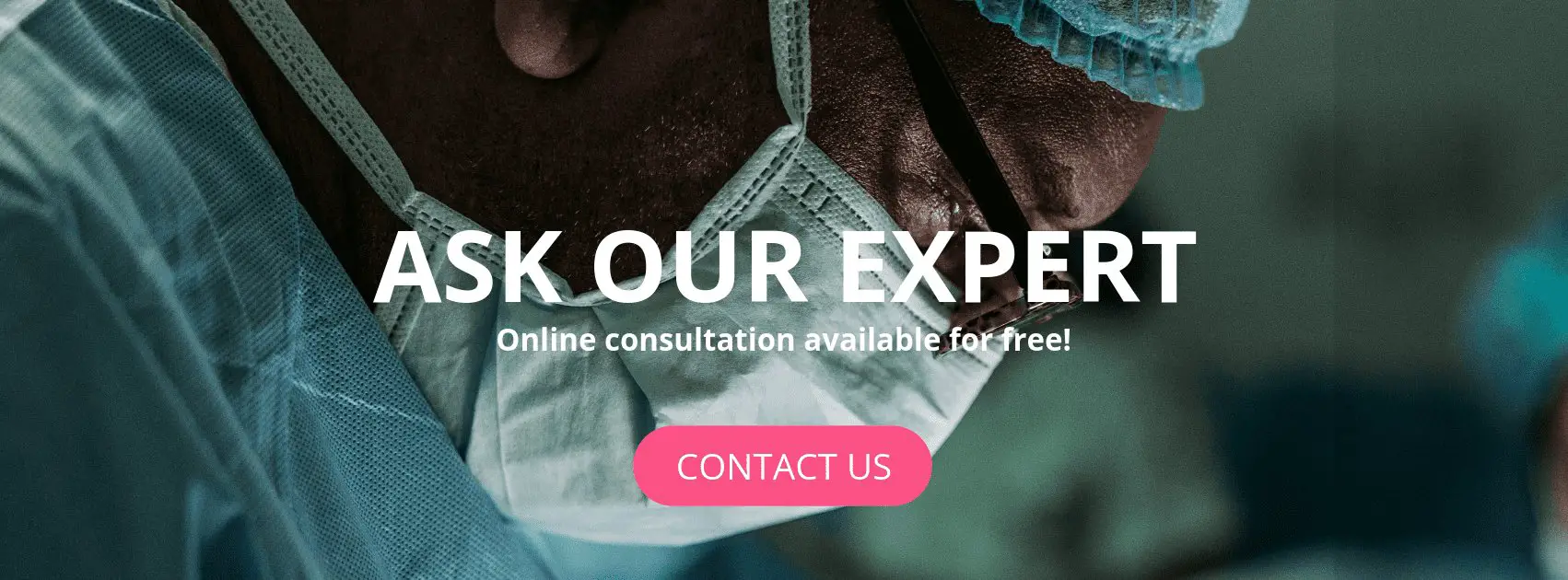Adverse drug reactions – Are you aware of the potential risks and dangers associated with taking medication?
Adverse drug reactions, or ADRs, are an unfortunate reality that can occur when you take certain medications. These reactions can range from mild to severe and can have a significant impact on your health and well-being.
It’s important to be informed about the causes and risk factors of ADRs so that you can recognize and manage them effectively.
When it comes to adverse drug reactions, there are several factors that can contribute to their occurrence. One major cause is individual variability in how our bodies metabolize medications. This means that what may be a safe dosage for one person could potentially cause harmful effects in another.
Other risk factors include age, as older adults tend to be more susceptible to ADRs due to changes in metabolism, as well as underlying medical conditions or the use of multiple medications which can increase the likelihood of experiencing adverse reactions.
Recognizing and managing adverse drug reactions is crucial for your overall safety and well-being. It’s essential to pay attention to any unusual symptoms or side effects that arise after starting a new medication or changing doses.
If you experience anything out of the ordinary, it’s important not to ignore it but rather report it promptly to your healthcare provider. They will be able to assess whether it is an adverse drug reaction and determine the appropriate course of action, which may involve adjusting your medication regimen or discontinuing certain drugs altogether.
In conclusion, being knowledgeable about adverse drug reactions is vital for anyone taking medication. Understanding their causes and risk factors allows you to make informed decisions regarding your health care while recognizing and managing these reactions ensures your safety and well-being.
By being proactive in reporting any unusual symptoms or side effects, you play an active role in promoting patient education and advocating for better patient safety measures within healthcare systems as a whole.
Causes and Risk Factors of Adverse Drug Reactions

To better understand the causes and risk factors of adverse drug reactions, you should familiarize yourself with the various underlying mechanisms that contribute to these potentially harmful outcomes. Adverse drug reactions can occur due to a variety of reasons, including individual differences in how drugs are metabolized and processed by the body. This is where pharmacogenetic testing comes into play. By analyzing a person’s genetic makeup, healthcare providers can identify specific genetic variations that may affect their response to certain medications. This information can help tailor treatment plans and prevent adverse drug reactions before they occur.
Prevention strategies also play a crucial role in minimizing the occurrence of adverse drug reactions. Healthcare professionals must carefully consider a patient’s medical history, current health status, and any potential interactions between medications before prescribing them. They should also provide clear instructions on how to take medications properly and educate patients about possible side effects or allergic reactions. Encouraging open communication between patients and healthcare providers is essential so that any concerns or questions about medication can be addressed promptly.
By recognizing the causes and implementing prevention strategies, healthcare professionals aim to minimize the occurrence of adverse drug reactions. However, it’s equally important to be aware of how to manage such reactions when they do occur. In the subsequent section on ‘recognizing and managing adverse drug reactions,’ we’ll discuss common signs and symptoms associated with these events as well as appropriate steps for responding effectively. Being knowledgeable about both prevention and management will empower you to make informed decisions regarding your health and medication use.
Recognizing and Managing Adverse Drug Reactions

Be cautious when taking medication, as there may be unexpected effects that require your attention and management. Adverse drug reactions (ADRs) can occur in anyone, regardless of age or health status. It is important to recognize and manage these reactions to prevent further harm.
Here are some key points to keep in mind:
- Recognizing ADRs: Pay close attention to any changes in your body after starting a new medication. Common types of ADRs include allergic reactions, such as hives or difficulty breathing, gastrointestinal issues like nausea or diarrhea, and central nervous system effects like dizziness or confusion. If you experience any unusual symptoms, it’s crucial to consult with your healthcare provider immediately.
- Managing ADRs: Once an ADR is identified, appropriate steps should be taken to manage the reaction effectively. This may involve discontinuing the medication causing the reaction under medical supervision, substituting it with an alternative drug if available, or adjusting the dosage to minimize side effects while maintaining therapeutic benefits. Your healthcare provider will guide you through this process based on their expertise and knowledge of your individual case.
- Preventing ADRs: While not all adverse drug reactions can be prevented, there are measures you can take to reduce the risk. Always inform your healthcare provider about any allergies or previous adverse reactions you’ve had before starting a new medication. Follow dosage instructions carefully and avoid self-medicating without professional guidance. Additionally, keeping an updated list of all medications you’re currently taking will help identify potential interactions that could lead to adverse events.
By being cautious and proactive in recognizing and managing adverse drug reactions, you can protect yourself from unnecessary harm caused by medications. However, prevention remains key in ensuring patient safety overall. In the subsequent section about the importance of patient education and safety measures, we’ll explore how empowering patients with knowledge about their medications plays a crucial role in preventing ADRs and promoting overall well-being.
Importance of Patient Education and Safety Measures

Stay informed and take charge of your health by learning about your medications and practicing safety measures. Patient engagement is crucial in preventing adverse drug reactions and ensuring medication safety. By educating yourself about the medications you’re taking, you can better understand their potential side effects, interactions with other drugs or foods, and how to properly take them. This knowledge empowers you to ask informed questions to your healthcare provider and make decisions that align with your personal health goals.
One important aspect of patient education is understanding the importance of reading medication labels and following instructions carefully. Medication errors, such as taking the wrong dose or missing a dose, can lead to adverse drug reactions. To avoid these errors, it’s essential to read labels thoroughly, including any warnings or precautions. Additionally, always follow the recommended dosage instructions provided by your healthcare provider or pharmacist. If you have any doubts or concerns regarding your medication regimen, don’t hesitate to seek clarification from a healthcare professional.
In addition to being well-informed about your medications, there are several safety measures you can practice to minimize the risk of adverse drug reactions. Keep an up-to-date list of all the medications you’re currently taking, including prescription drugs, over-the-counter medicines, vitamins, and supplements. This list should also include any allergies or sensitivities you may have. Share this information with all healthcare providers involved in your care so they can make informed decisions when prescribing new medications for you. Furthermore, it’s important to report any unusual symptoms or side effects promptly to your healthcare provider so they can assess if it’s related to a medication reaction.
By actively engaging in patient education and practicing safety measures like reading labels carefully and maintaining an updated medication list, you play a vital role in reducing the risk of adverse drug reactions. Remember that open communication with your healthcare team is key; don’t hesitate to ask questions or voice concerns about your medications. Together with their guidance and support, you can ensure that your medication regimen is safe and effective for your specific health needs. Taking an active role in your own healthcare empowers you to make informed decisions and promotes better outcomes.
Frequently Asked Questions
Are adverse drug reactions more common in certain age groups?
Adverse drug reactions can be more common in certain age groups due to the age-related risk factors and the use of common medications. Age-related changes in metabolism and organ function can increase susceptibility to adverse effects.
Can adverse drug reactions occur even if the medication is taken as prescribed?
Adverse drug reactions can occur even if you take the medication as prescribed. This is known as medication adherence. It’s important to follow your doctor’s instructions and report any unexpected side effects immediately.
How can healthcare professionals differentiate between adverse drug reactions and other medical conditions?
Differentiating between adverse drug reactions and other medical conditions can be like finding a needle in a haystack. The distinguishing symptoms and diagnostic challenges make it a complex task for healthcare professionals.
Are there any genetic factors that make certain individuals more prone to adverse drug reactions?
Genetic testing plays a crucial role in personalized medicine. It helps identify specific genetic factors that can make certain individuals more susceptible to adverse drug reactions. This information allows healthcare professionals to tailor treatment plans accordingly.
What measures can patients take to prevent or minimize the risk of experiencing adverse drug reactions?
What measures can you take to prevent or minimize the risk of experiencing adverse drug reactions? Patient education is crucial, so ask your healthcare provider for detailed information and engage in medication reviews regularly.
Conclusion
In conclusion, understanding the causes and risk factors of adverse drug reactions is crucial for both healthcare professionals and patients alike. By recognizing and managing these reactions effectively, we can ensure the safety and well-being of individuals taking medications.
Patient education plays a vital role in preventing adverse drug reactions, as it empowers individuals to be proactive in their own healthcare.
It cannot be stressed enough how important it is for healthcare providers to thoroughly educate patients about their medications. This includes informing them about potential side effects, proper dosages, and any necessary precautions. Moreover, implementing safety measures such as regular check-ins with healthcare professionals and reporting any unusual symptoms can greatly reduce the likelihood of adverse drug reactions occurring.
By actively engaging in patient education and implementing safety measures, we’re taking significant steps towards mitigating the risks associated with adverse drug reactions. It’s through this collaborative effort between healthcare providers and patients that we can create a safer environment for medication use.
So let’s continue to prioritize patient education, promote open communication, and work together towards a future where adverse drug reactions are minimized to an almost unimaginable extent – ensuring optimal health outcomes for all.

Stephanie Ansel is a well-known writer and journalist known for her unique and captivating writing style. She has written many articles and books on important topics such as the lifestyle, environment, hobbies, and technology and has been published in some of the biggest newspapers and magazines. Stephanie is also a friendly and approachable person who loves to talk to people and learn about their stories. Her writing is easy to read and understand, filled with lots of details and information, and is perfect for both kids and adults who want to learn about important topics in an interesting way.



